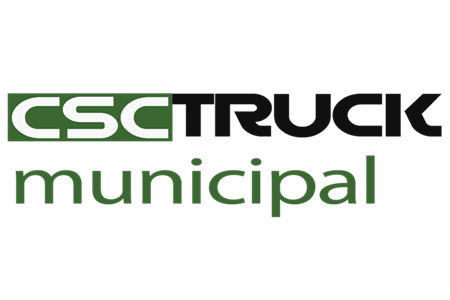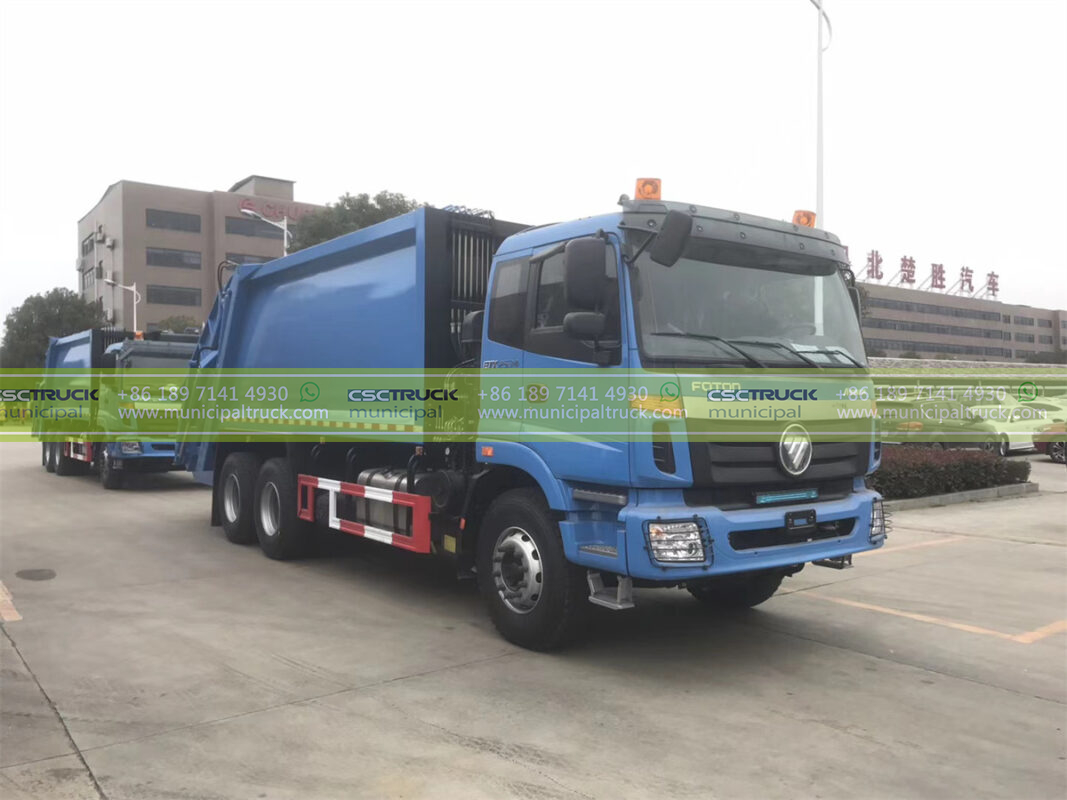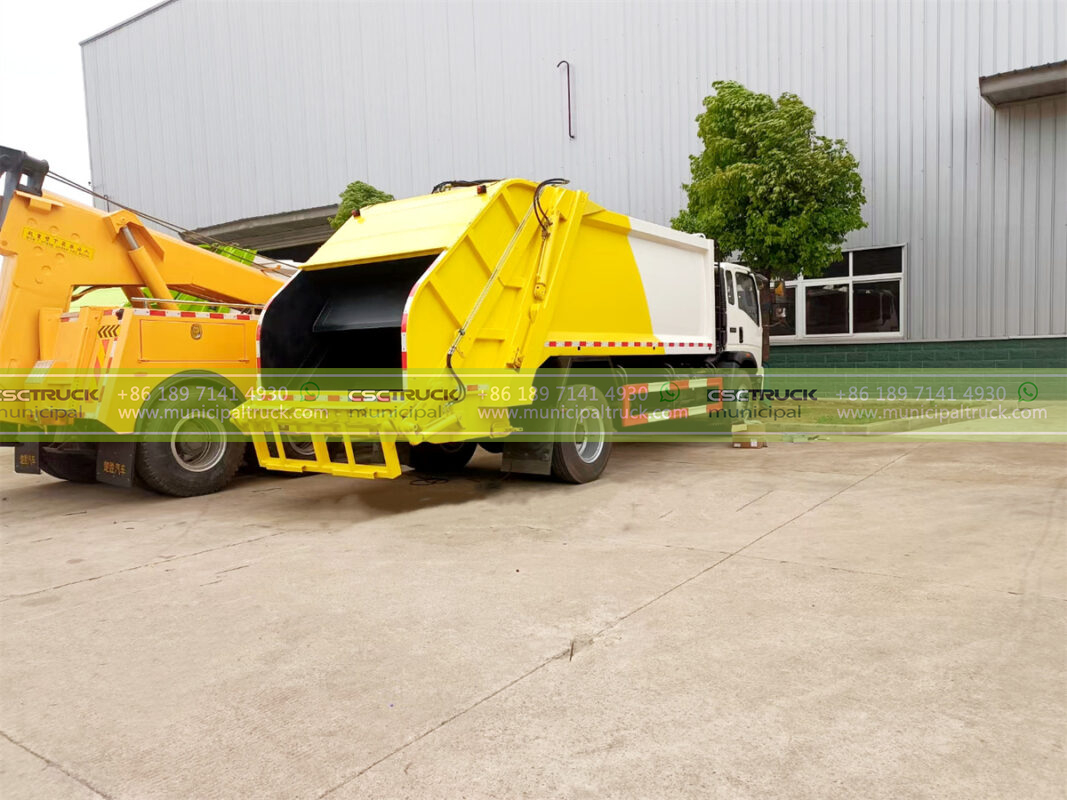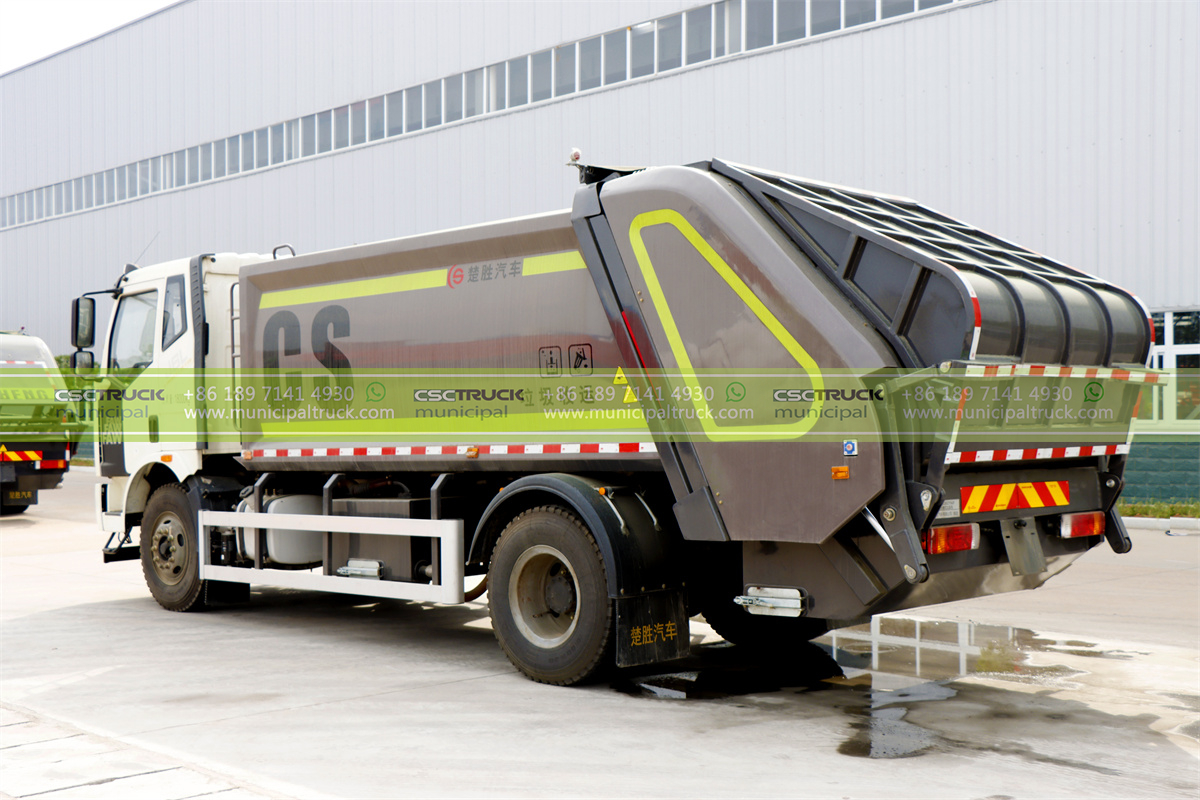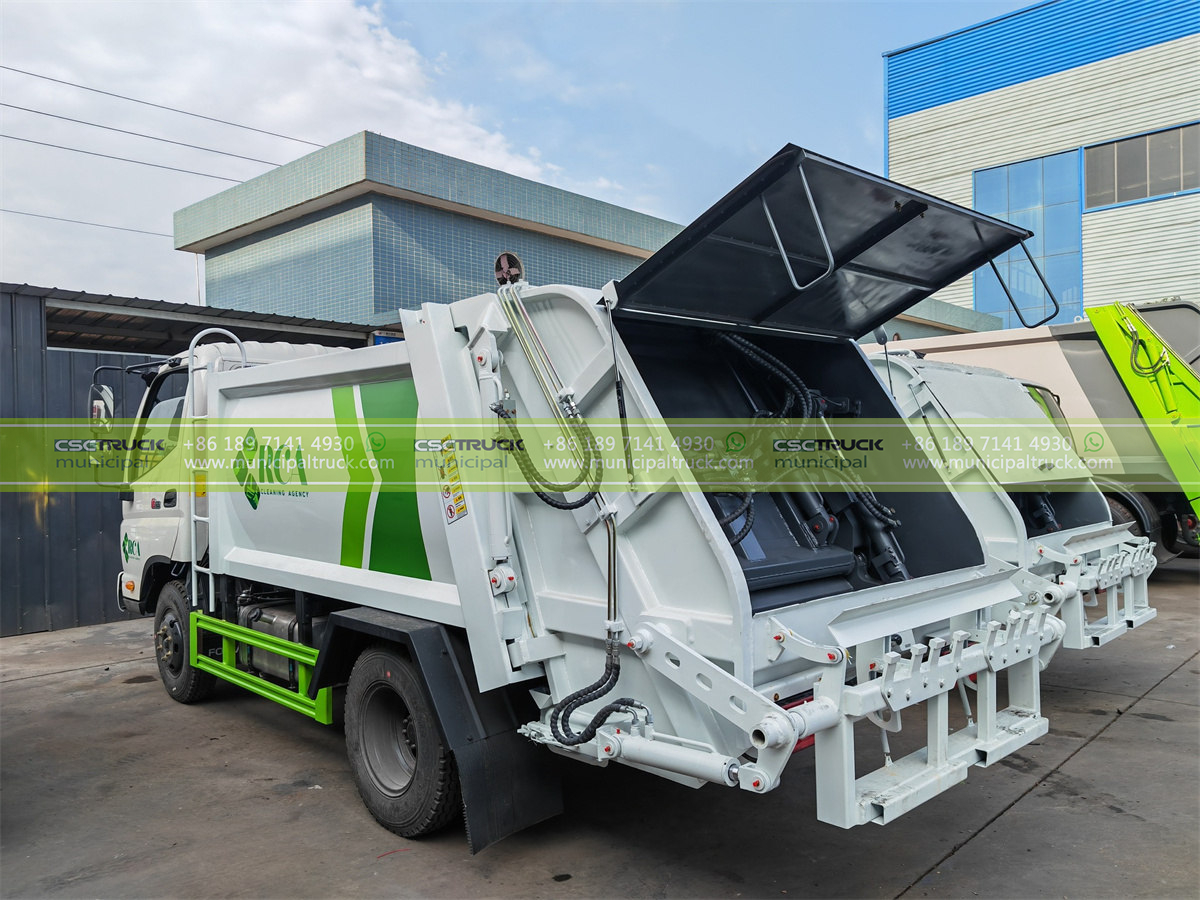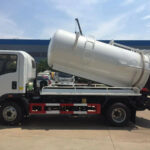In the waste management industry, efficiency is crucial to ensuring smooth operations, especially as urbanization and industrialization continue to drive an increase in waste volumes. One of the most vital components of a garbage truck is the compaction system, which plays a pivotal role in maximizing the truck’s capacity while reducing the frequency of trips to the landfill. A well-designed compaction system can dramatically enhance operational efficiency, cost-effectiveness, and environmental sustainability. This complete guide will explore the importance of garbage truck compaction systems, how they work, and the numerous benefits they bring to waste management processes.
1. What is a Garbage Truck Compaction System?
A garbage truck compaction system is an essential feature that helps compact waste inside the truck’s container, increasing its storage capacity by compressing materials. This system is typically driven by hydraulic mechanisms that apply pressure to the waste, forcing it into a smaller, more compact form. The result is a significant increase in the truck’s ability to carry more waste per trip, reducing the need for additional vehicles or multiple runs to waste disposal sites.
The compaction system’s efficiency directly correlates with how well it can reduce the volume of waste, allowing garbage trucks to carry more debris without exceeding weight limits or taking up unnecessary space. This feature is particularly important for handling large volumes of waste generated by residential, commercial, or industrial operations, as it minimizes logistical challenges and enhances overall productivity.
Hydraulic Power Behind the Compaction
The compaction process is generally powered by hydraulics, with a compactor plate or arm applying significant force to the waste. This hydraulic mechanism allows the waste to be squeezed tightly together, thus maximizing the truck’s payload capacity. The system must be designed to withstand extreme pressure and handle a variety of waste types.
2. Benefits of Compactor Garbage Trucks
When it comes to compactor garbage trucks, the benefits go beyond just increasing payload capacity. These trucks have become indispensable for municipalities, commercial establishments, and industrial sites, providing multiple advantages that enhance waste management operations.
Increased Efficiency and Reduced Costs
A compactor garbage truck allows waste management services to increase their collection efficiency. With the ability to compact waste, these trucks can carry more per trip, thus reducing the number of trips needed to complete a waste collection route. By reducing fuel consumption and optimizing route schedules, municipalities and companies can save considerable resources, both in terms of money and time.
Extended Truck Lifespan
The compaction system in compactor garbage trucks also helps protect the truck’s body and frame. Without compaction, large volumes of loose waste can shift around during transport, causing unnecessary wear and tear on the vehicle. With a compactor system, the waste stays firmly in place, reducing the strain on the truck’s components, and ultimately extending its service life.
Waste Segmentation
One significant benefit of compactor garbage trucks is that they can help with waste segmentation. By compacting waste in an organized manner, these trucks can make it easier for waste processors to separate recyclable materials, reducing contamination and increasing the potential for recycling. Efficient compaction systems contribute directly to a more sustainable waste management process.
3. Comparing Compactor Garbage Trucks with Other Waste Collection Trucks
While compactor garbage trucks offer numerous benefits, they are not the only type of vehicle used for waste management. It’s essential to compare compactor garbage trucks with other waste collection trucks, such as hook loader garbage trucks, skip loader garbage trucks, and self-tipping garbage trucks, to understand where they stand in terms of functionality, versatility, and use cases.
Compactor Garbage Trucks vs. Hook Loader Garbage Trucks
Hook loader garbage trucks utilize a hook-and-chain system to load and unload waste containers. While hook loader garbage trucks are ideal for handling large containers and transporting various types of waste, they lack the compaction system that allows compactor garbage trucks to maximize payload efficiency. Compactor garbage trucks offer superior waste density, making them better suited for high-density areas where space optimization is key.
Compactor Garbage Trucks vs. Skip Loader Garbage Trucks
Skip loader garbage trucks are designed to load and unload large waste bins (skips) using a mechanical arm. These trucks provide excellent versatility in waste collection, but unlike compactor garbage trucks, they do not compress waste. The compactor garbage truck, with its hydraulic system, can carry more waste in a single load, making it a more efficient option in areas with heavy waste volumes.
Compactor Garbage Trucks vs. Self-Tipping Garbage Trucks
While self-tipping garbage trucks focus on the automatic unloading of waste through a tipping system, they do not have a built-in compaction feature. Self-tipping garbage trucks are ideal for operations that prioritize quick unloading but may not provide the waste density benefits offered by compactor garbage trucks. For waste management operations that require both compaction and fast unloading, compactor garbage trucks are typically the better option.
4. How a Compactor Garbage Truck Enhances Waste Collection in Different Sectors
The versatility of compactor garbage trucks extends to various sectors, each benefiting from their ability to optimize waste collection. Whether it’s for urban, industrial, or commercial purposes, the efficiency brought by these vehicles enhances waste management strategies.
Urban Waste Management
In urban environments, where space is limited, compactor garbage trucks play a vital role in optimizing waste collection. These trucks help reduce the frequency of trips to the landfill by compressing waste, which is especially beneficial in areas with high population densities. With limited space for waste disposal and collection, compactor garbage trucks enable faster and more efficient routes, allowing municipalities to manage growing waste volumes with fewer resources.
Industrial Waste Disposal
Industrial operations often generate large amounts of bulky waste that require careful handling and transportation. Compactor garbage trucks offer an ideal solution by reducing the need for multiple trucks to haul waste. By compacting waste, these trucks not only carry more material but also help mitigate the environmental impact of waste transportation by reducing the number of vehicles on the road.
Commercial and Retail Waste Management
Retail centers, shopping malls, and restaurants generate substantial waste volumes daily. Compactor garbage trucks can be used effectively in these sectors, ensuring that waste is efficiently collected and transported to disposal sites. The compacted waste helps businesses avoid overflow and maintain clean premises, contributing to a safer and more efficient environment for both employees and customers.
5. Maintenance and Longevity of a Compactor Garbage Truck
Like any heavy-duty vehicle, a compactor garbage truck requires regular maintenance to ensure optimal performance and longevity. The compaction system, which is a critical part of the truck, demands special attention to keep it functioning at full capacity.
Regular Hydraulic System Inspections
The hydraulic system in a compactor garbage truck is the backbone of its compaction process. Regular inspections should be conducted to check for any hydraulic leaks, damage, or wear. Maintaining the system will ensure that the compaction process continues to operate smoothly, and that the truck can handle large loads without issues.
Cleaning and Lubrication
To prevent material buildup and ensure the system operates without friction, the compaction system should be cleaned regularly. Any waste that accumulates on the compactor plate or within the hydraulic system could compromise its performance and cause malfunctions. Additionally, regular lubrication of moving parts will extend the life of the compaction system and ensure that all components function properly.
Tire and Engine Maintenance
Aside from the hydraulic system, regular checks on the tires and engine are essential for the truck’s overall functionality. Tires must be inspected for wear, while engine maintenance ensures the truck runs smoothly and efficiently. Proper care will help compactor garbage trucks maintain their reliability and maximize their operational lifespan.
Garbage truck compaction systems are critical to efficient waste management, offering numerous benefits, including increased payload capacity, operational efficiency, and sustainability. Whether compared to other vehicles like hook loader garbage trucks or skip loader garbage trucks, compactor garbage trucks stand out for their ability to handle larger loads while reducing transportation costs. By incorporating compaction systems into their design, these trucks help streamline waste management operations across various sectors, from urban areas to industrial sites. Proper maintenance is key to ensuring the longevity and efficiency of these vehicles, making them an indispensable asset for modern waste collection services.
